#Titanium
2016 Ford Edge Titanium Review - Manufacturer of Doubt, Round Two
The Ford Edge has always grabbed my attention due to its styling.
From a distance, the look — especially that of the second-generation Edge — is certainly pleasing to the eye. The front grille, fog light assembly, stylish wheels and a nice silhouette give the midsize crossover an Edge — pardon the pun. And the 2016 model can be configured in a number of ways to suit consumers’ needs, with a choice of powertrains and a nice choice of optional equipment.
But, as they say, the devil is in the details, and that’s where the Edge starts to lose its sharpness. The main issue is one we’ve seen here before: quality of the fit of the exterior panels of the Edge. However, I have another major gripe about the Blue Oval’s lifestyle-mobile, and it sits under its misaligned hood.
2015 Ford Edge Titanium Review - Manufacturer of Doubt
As soon as I finished my time with the 2015 Nissan Murano, my mind immediately wandered to the new Ford Edge.
You see, the Murano is fantastic. It’s effortlessly comfortable. The ride is sublime. When you’re driving the Murano, everything is damn-near perfect. But the Murano could only be considered pretty by someone subjected to the “ Ludovico Technique” and thousands of flashing images of the Infiniti QX56 QX80.
The Murano is the violently green neon dress and pink knee-high boots to the Edge’s fitted black number and Saks Fifth Avenue pumps. At a black-tie affair, one of those is going to stick out, and for all the wrong reasons.
Yet, looks can be deceiving. It was underneath that retina-burning attire I found an incredibly comfortable, competent crossover in the Murano. It’s hard to fault it with your eyes closed.
Now it’s the Edge’s turn. Would I find the same characteristics in it that made me fall in love with Nissan’s lifestyle-mobile?
Capsule Review: 2015 Ford Escape Titanium
Today’s cute compact crossovers are slowly replacing mid-size sedans as the most popular vehicle on the market, and with good reason too. They have smaller footprints, are easier to drive, are more versatile, more economical, and AWD systems provide a piece of mind during foul weather. Is the Escape a…wait for it…game changer?
Review: 2013 Ford Escape Titanium Take Two (Video)
Like their products or not, Ford has been on a roll. It all started when the blue oval financed their metamorphosis by mortgaging everything that wasn’t nailed down a year before the bankocalypse. Next came a wave of new products like the Astonesque Fusion, Prius fighting C-MAX and the Euro-derived Fiesta and Focus. Ford’s recovery plan hinges on unifying their worldwide lineup rather than making unique vehicles for every market. Ford calls this plan “One Ford,” while I call it “Ford’s Euro love affair.” The latest warrior in the Euro invasion is none other than the Ford Kuga, you’ll know it as the new Escape. It would appear Ford’s timing couldn’t be better since they just lost the small-SUV sales crown to Honda. Can the European soft-roader take back the crown? Or has Ford gone too far by ditching the boxy Escape for world-wide homogeny?
Review: 2013 Ford Focus ST
When you’ve reviewed over 600 cars, few new ones surprise you. With the polished road manners and granitic structure of a far more expensive car, the 2012 Ford Focus was one of the few. But its 160-horsepower engine, while easily adequate for daily driving, doesn’t provide the thrust many driving enthusiasts demand. For 2013, this should no longer be a problem. A 252-horsepower Ford Focus ST has joined the line.
New or Used: Avoid "Titanium" Grade Depreciation
Shawn writes:
Hey Sajeev and Steve,
I recently asked the Best and Brightest for help regarding my friend’s car buying dilema, but now I’m in one of my own! I am looking to get rid of my 2006 Mazda5 GT, which has been quite problematic. I can no longer tolerate the frequent trips to the shop. Its got about 125,000km on it, and I’ve been getting offers ranging from $6000-8000 for it on trade. The cars I am considering are in the compact to mid-size class, but there are benefits to each car, and I can’t seem to make up my mind. I am seeking a car with decent fuel economy that is fairly engaging to drive. However, I DO NOT want a harsh ride. The GTA is filled with pot holed roads, and I know the stiff ride would get tiresome. Manual transmission is preferred, but not necessary. I do carry four people occasionally, so cross out any coupes. On the Mazda I’ve taken quite a hit in the residual value, so this time around, I am looking to buy something that is a couple of years old. That way, someone else takes the largest depreciation hit. Here is the list so far:Review: 2012 Ford Focus Titanium
Yes, this is a $27,340 Ford Focus. And nav would add another $795. How could a Ford Focus possibly be worth this much? Read on.



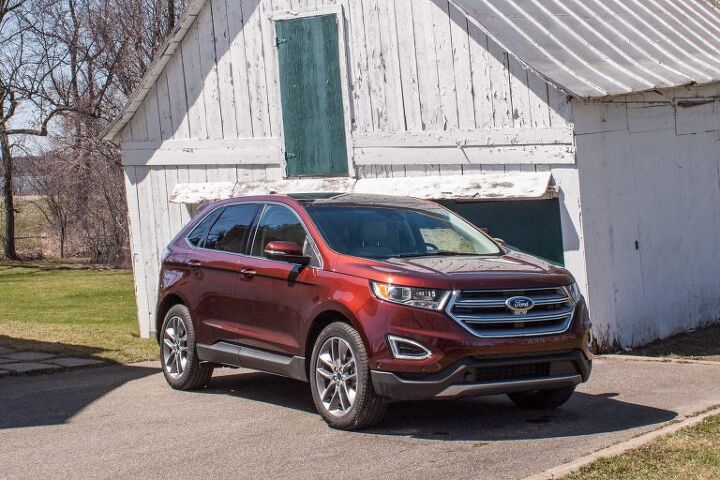

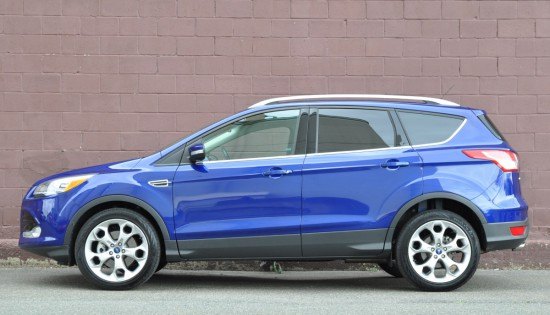
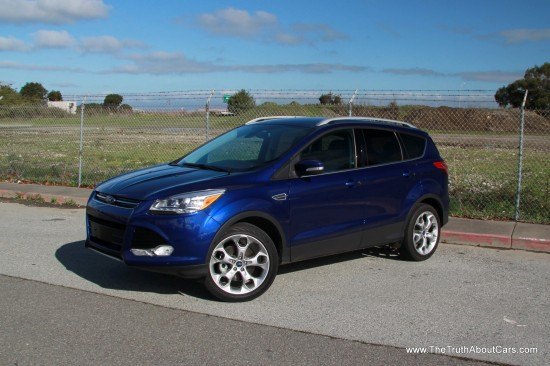
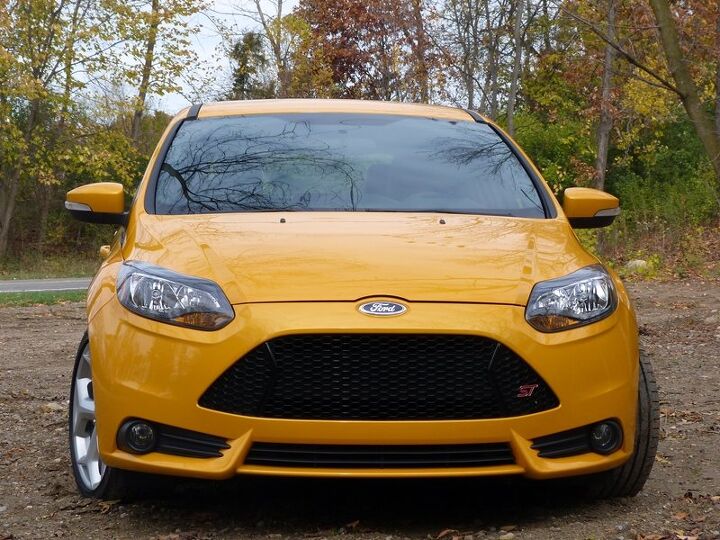

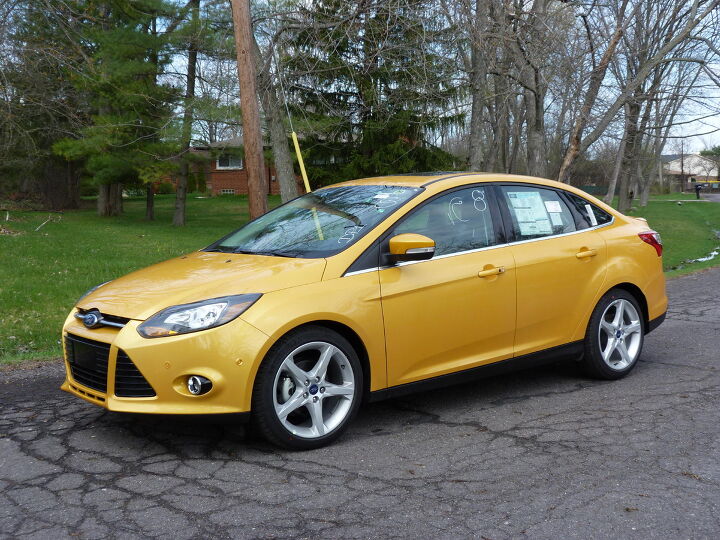












Recent Comments